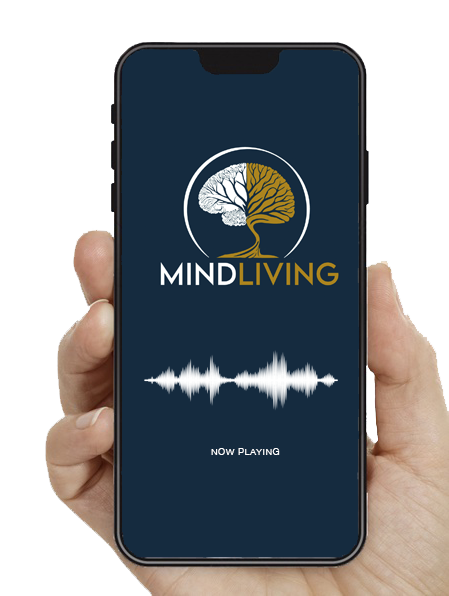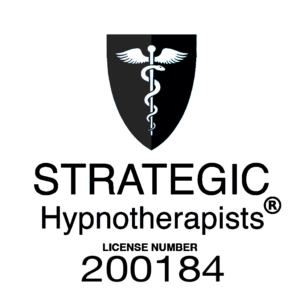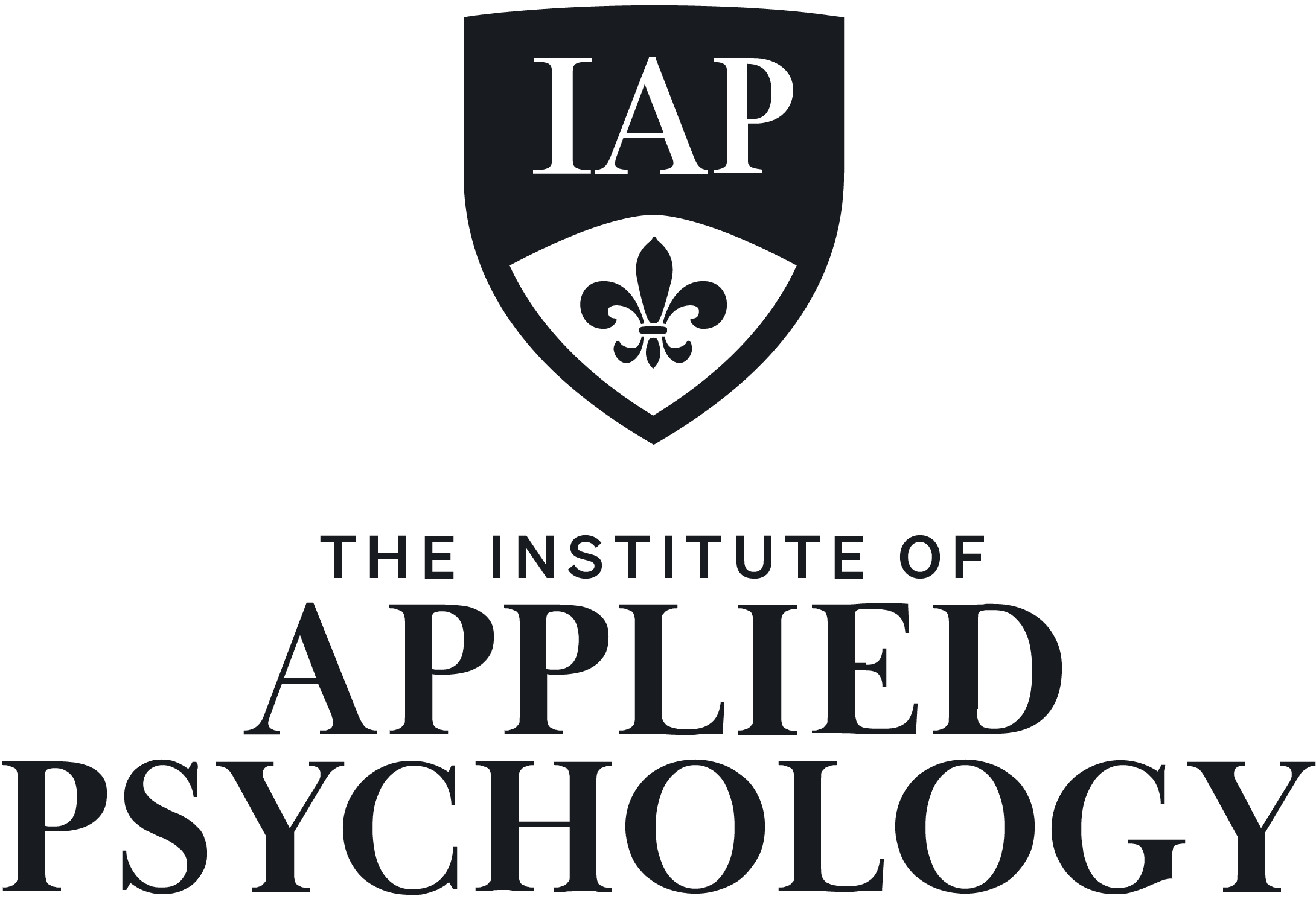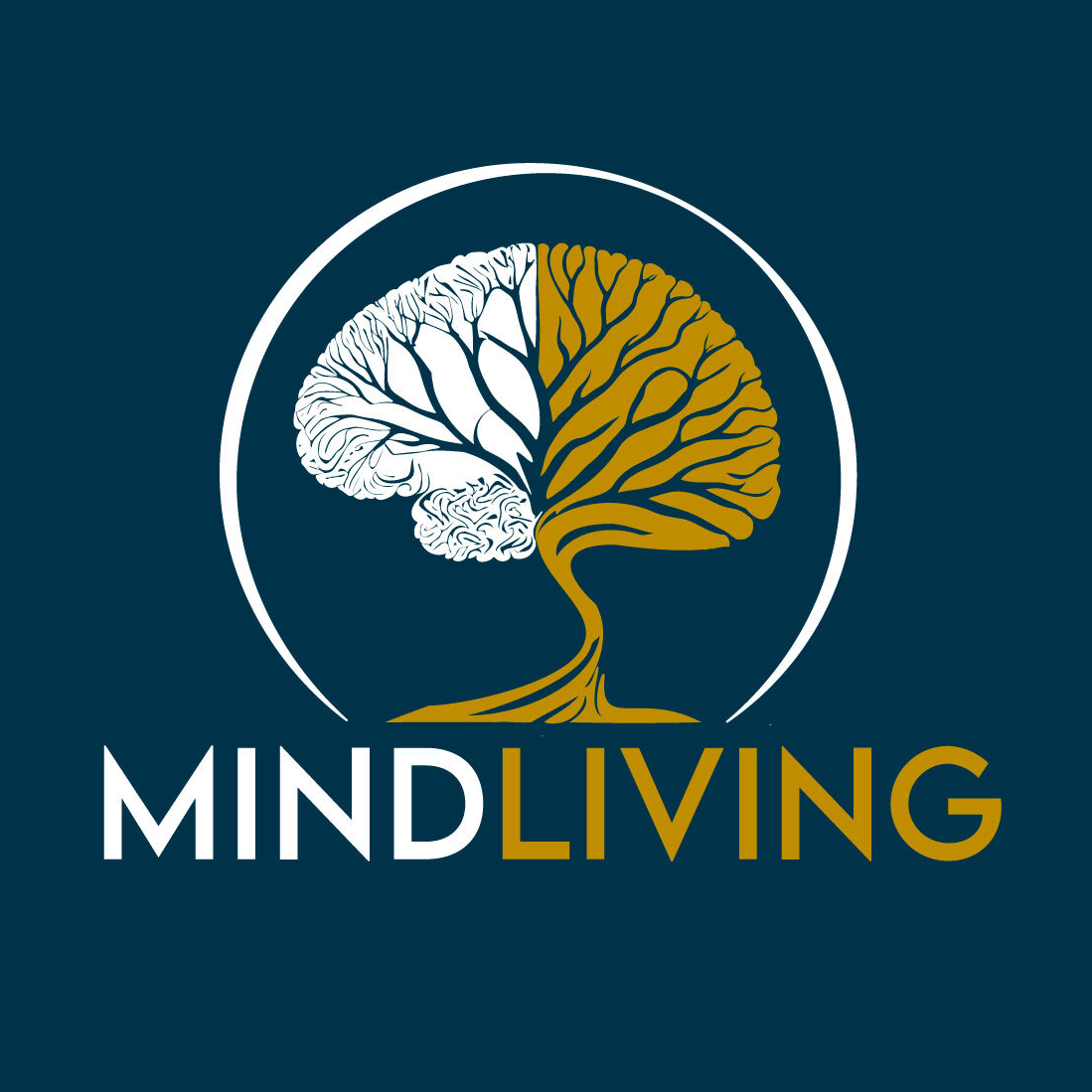

From Limitations

Dr Houng Lau
Strategic Psychotherapist and Hypnotherapist, Coach
I am Houng Lau, the director of Mind Living. As a Chinese Medicine doctor, I integrate the mind-body connection into my daily practice. I sought additional study to better support my patients’ mental health and enhance my leadership abilities in mentoring and coaching my staff. I discovered Strategic Hypnotherapy and Psychotherapy, which equipped me with invaluable skills for personal growth and team support. This knowledge has enabled me to achieve even greater results with my clients.
My work has taken me across the globe, and I have a passion for traveling and learning. I am fortunate to be mentored by esteemed doctors from Japan, China, the UK, and the US. I firmly believe that learning is a lifelong journey.
In my free time, I enjoy ocean swimming, participating in squad training, and going to the gym to maintain my strength and health. I also love cooking and sharing recipes, and I maintain a blog dedicated to healthy recipes. My husband is Greek, so we cherish food, dining out with friends, and entertaining at home.
REALISE YOUR POTENTIAL. TRY US RISK FREE
BOOK YOUR FREE 20 MINUTE PHONE CONSULTATION
Leading Edge Telehealth Hypnotherapy
Let’s redirect your attention towards a new and promising future. I offer suggestions to empower you in overcoming your challenges. Together, we actively collaborate to discover the most effective solutions to your concerns. Be empowered!


I had the pleasure of having clinical hypnotherapy done by Houng. She is very professional and non-judgemental in her approach to our sessions. I felt relaxed, safe, and comfortable when discussing my issues. She was able to help me identify my issues and develop solutions.
Frequently Asked Questions
Not sure yet? Here are the answers to some common questions
Strategic Psychotherapy is a highly efficient form of talk therapy designed to swiftly address clients' challenges by strategically guiding them to recognize how their responses to situations and events may contribute to their own problems and limitations. It operates on the principle that our behavioural patterns stem from our perspectives rather than external circumstances.
Central to Strategic Psychotherapy is the identification of experiential gaps and behavioural patterns that reinforce the client's issues. Therapists then collaboratively develop a strategic plan that leverages the client's existing strengths and resources to effectively overcome these challenges."
Hypnotherapy stands out as one of the most concise therapeutic approaches available. By targeting un-conscious processes, it requires less conscious discussion and addresses issues directly within the unconscious mind.
It's common to encounter internal conflicts when facing a problem. You may find yourself torn between knowing what you should do and being unable to take action, or recognizing the need to stop something but struggling to do so. This inner conflict lies at the heart of the problem, reflecting the tension between the conscious and unconscious mind.
Hypnotherapy excels at harmonizing the conscious and unconscious aspects of the mind swiftly and effectively. Its efficacy is supported by a wealth of research and empirical evidence. When coupled with Strategic Psychotherapy, the combination can yield remarkable results.
Hypnosis encourages you to pause, turn inward, and concentrate on your positive attributes, magnifying them and incorporating them into novel approaches that enhance both your well-being and personal growth.
In summary, hypnosis encompasses moments of deep absorption and focus, where individuals remain aware but detached from their immediate surroundings. Recognizing and understanding these trance states can offer insight into our cognitive processes and behaviours.
Gordian Therapy is a unique socio-cognitive method designed to tackle the cognitive distortions that contribute to generating problems. These distortions include tendencies such as over-analysis, catastrophizing, negative thinking, all-or-nothing thinking, perfectionism, and harsh self-criticism, all of which are specific targets within Gordian Therapy.
In the Gordian approach, each condition a person struggles with tends to follow a specific and predictable framework. This approach prioritizes targeting the underlying processes of the condition rather than solely focusing on the narrative behind it. This characteristic makes Gordian Therapy both rapid and effective.
While Gordian Therapy can be integrated with various forms of psychotherapy, it is also commonly paired with hypnotherapy. This combination is referred to as Strategic Hypnosis and Psychotherapy.
It integrates evidence-based strategies for behavioural transformation. This approach facilitates the comprehension, analysis, and potential alteration of behaviours and cognitions (thought or thinking patterns). Widely recognized for its efficacy, this framework, when applied to hypnotherapy and general therapy, stands as one of the most potent methodologies in the realm of clinical hypnotherapy today.
Ultimately, the key factor is how long will it take you to learn new ways of operating in the world? You have learnt a pattern of how to operate. If it is not working for you, how long will it take you to unlearn it and learn new cognitive patterns? The encouraging news is that the advantages of investing relatively minor amounts of time and money in therapy outweigh the costs of maintaining the problem.
Consider the expenses incurred by being a smoker for a year or grappling with issues like anxiety, alcohol dependency, or phobias. When you factor in compensatory behaviours such as retail therapy or other costly activities, the value of effective therapy becomes evident.
The number of therapy sessions needed varies depending on the specific condition being addressed and the therapeutic approach used. A therapy model is classified as brief if it entails fewer than 20 sessions in its treatment plan.
In most cases, strategic practitioners aim to keep the number of sessions relatively low.
For instance, therapeutic modalities like hypnotherapy typically require no more than four to six sessions, and sometimes even fewer.
Call us and we can guide you how long your particular issue may take.
During the initial session, it's crucial to establish precisely what you require. The purpose of the sessions is to find out what skills and gaps of knowledge you may have which may contribute to the generation of your problem. I will help you build on skills and resources you require in the problem space.
By the session's conclusion, I should have a general understanding of the duration needed for your treatment. The length of treatment will vary based on your receptiveness to therapy, the therapeutic approach employed, and the complexity of your condition.
What constitutes a complex condition? For example, you may seek therapy or coaching to address excessive drinking, that you were unable to cease despite efforts. In this scenario, addiction appears to be the primary concern. However, further assessment may reveal underlying high levels of anxiety contributing to sleep disturbances, exacerbating alcohol consumption as a coping mechanism. Additionally, feelings of low self-esteem may compound the issue, perpetuating the cycle.
In such cases, the problem extends beyond simply addressing alcohol dependency. Addressing each component - addiction, anxiety, sleep issues, and self-esteem - is essential for sustainable improvement. Neglecting any aspect risks only temporary benefits.
There's a significant distinction between feeling better and truly doing better. Achieving lasting progress entails developing new skills and capacities to effectively manage challenges beyond therapy's conclusion.
Hypnosis is safe when conducted by a qualified hypnotherapist. Individuals maintain control over their thoughts, feelings, and awareness. It's a natural experience that many people encounter daily, sometimes without even realizing it.
This trance-like state bears resemblance to moments just before falling asleep or the sensation known as a "runner's high," where individuals are completely focused on the task at hand, disregarding distractions and experiencing a heightened sense of concentration.
For instance, have you ever driven a familiar route, arrived at your destination, and realized you don't recall much of the journey? This phenomenon, known as highway hypnosis, occurs when individuals enter a trance-like state while driving, becoming disconnected from their immediate surroundings as their attention shifts elsewhere. While this state can seem innocuous, it poses significant safety risks on the road.
Similarly, when engrossed in a captivating book or movie, individuals may become so absorbed in the narrative that they temporarily disconnect from their environment, oblivious to external stimuli such as people calling their name. In these instances, individuals must consciously bring their focus back to reality to engage with others.
If you can perceive, whether through sight, sound, touch, taste, smell, or imagination, what I describe to you, then you're utilizing your visualization skills and likely experiencing a hypnotic trance. This heightened imagination is why children are often more easily hypnotized—they naturally possess a state of heightened imagination or trance.
Even if you can't visualize, there are other indicators that you're in a trance. Another common occurrence during a session is that your mind may wander while I'm speaking to you. This wandering of the mind resembles daydreaming and might initially feel distracting because you want to focus on my words. However, this is a normal phenomenon and signifies a transition into deeper states of hypnosis, known as 'theta' and 'delta.' During this wandering, the suggestions I provide are absorbed directly into your subconscious mind, which is beneficial.
Here are additional signs that you may be in a hypnotic state:
- Feeling rapid eye movement (REM)
- Experiencing deep relaxation and dreaminess
- Forgetting or missing parts of what I say
- Sensations of heaviness or tingling in the body
These signs collectively indicate that you're in a state of hypnosis and suggest that the session is progressing effectively.
In-person therapy is a proven method for addressing clients' everyday life challenges, backed by evidence of its effectiveness. On the other hand, online therapy is a more recent approach facilitated by technology, maintaining the same theoretical foundations as traditional therapy but conducted through virtual connections between the provider and client rather than face-to-face interactions.
Regardless of whether therapy occurs via video calls or in-person sessions, the key to achieving successful outcomes and maintaining mental well-being lies in selecting an experienced therapist who possesses a thorough understanding of various modalities and can tailor their approach to best suit your individual needs.
I have been working as a health practitioner for over 25 years.
I hold a Bachelor of Health Science ( Traditional Chinese medicine )
Diploma of Hypnotherapy and Psychotherapy
Diploma of Coaching
$275 (include GST) per 45 mins
$990 (include GST) 4 Session Package
If you need to cancel or change your appointment please give us 48 hours notice otherwise we charge for the sessions.
CREATE CHANGE TODAY. TRY US RISK FREE
Book your FREE 20-Minute Phone Consultation










